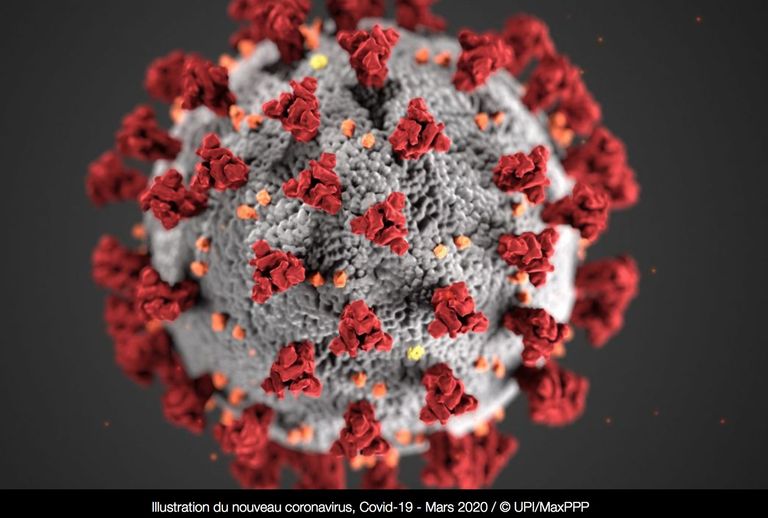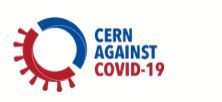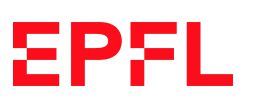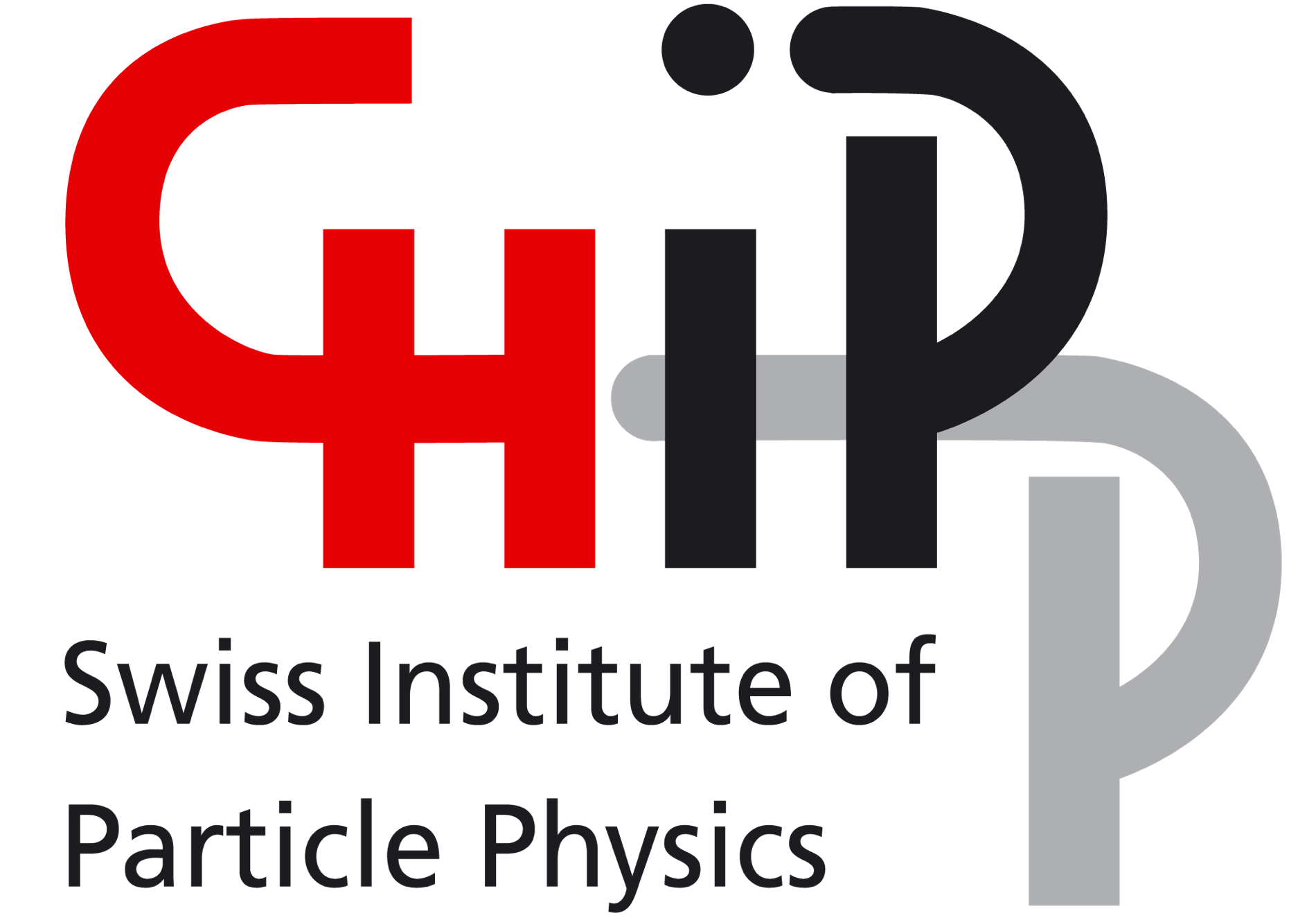COVID-19 Swiss Institutes task force

CHIPP would like to point at several projects that Swiss Institutes have started to contribute to the task force against the COVID 19
the list is not exhaustive, please send any other project you would like to highlight.

CERN’s Director-General established the CERN against COVID-19 task force in March 2020 to collect and coordinate ideas and contributions from the CERN community of over 18 000 people worldwide to the societal fight against the COVID-19 pandemic. These initiatives will draw on scientific and technical expertise and facilities at CERN, in the Member State countries and beyond, and will be carried out with that community and in close contacts with the relevant health institutions and experts from other fields.

other important link:
Think Globally, Connect Locally
One idea we have is to reach out locally within our own universities and local communities to see if there are local efforts we could help, both directly and by connecting them to global efforts. It is also bi-directional, we can benefit from anyone who is willing to help inform this community, e.g. through short topical meetings/seminars and/or discussions of what the research needs are for various COVID-19 activities. As always we should be careful not to add noise to efforts that appear overloaded, but find ways to be constructive, add value and start conversations.

EPFL researchers have been working for weeks to help fight the pandemic and mitigate its short- and long-term consequences. Studies are already under way on methods to stem the spread of the virus, diagnose the disease and discover a vaccine. EPFL researchers are also part of an EU initiative called PEPP-PT to develop an app that can identify people who have been in contact with a coronavirus carrier. Hackathons are yet another element of our School’s effort to combat COVID-19.

The Paul Scherrer Institute is dedicated to finding sustainable solutions to major contemporary challenges. We aim to contribute to the fight against the ongoing Covid-19 pandemic with our interdisciplinary teams comprising physicists, molecular and structural biologists, chemists and beamline scientists.

Le Domaine des EPF, en tant que principal bras scientifique de la Confédération, a un énorme potentiel pour influencer positivement l'issue de cette crise, que ce soit par la recherche, l'éducation, le transfert de connaissances ou même simplement par nos activités en tant que grandes institutions avec de nombreux employés. Le Domaine des EPF devrait avoir l'ambition d'être un modèle sur la manière dont nous gérons la crise actuelle.

The ETH task force headed by the Vice President for Infrastructure is monitoring developments in the coronavirus pandemic and will continue to draw up suitable measures as necessary. You can find the latest information here.
https://ethz.ch/services/en/news-and-events/coronavirus.html

In co-ordination with the CERN task force “CERN against COVID-19”, the ATLAS experiment have joined the Folding@Home platform, providing computing resources for protein folding simulations.
The ATLAS computing grid consist of about 500.000 computing slots at about 50 sites worldlwide. The experiment aims at dedicating 5-10% of this computing power to COVID -19 simulations and has invited the sites to opt-in for this initiative. The Swiss ATLAS computing has volunteered to join the effort: an average of 2300 computing slots have been used continuously at the University of Bern and 500 at CSCS, making them respectively second and sixth contributor worldwide so far.
